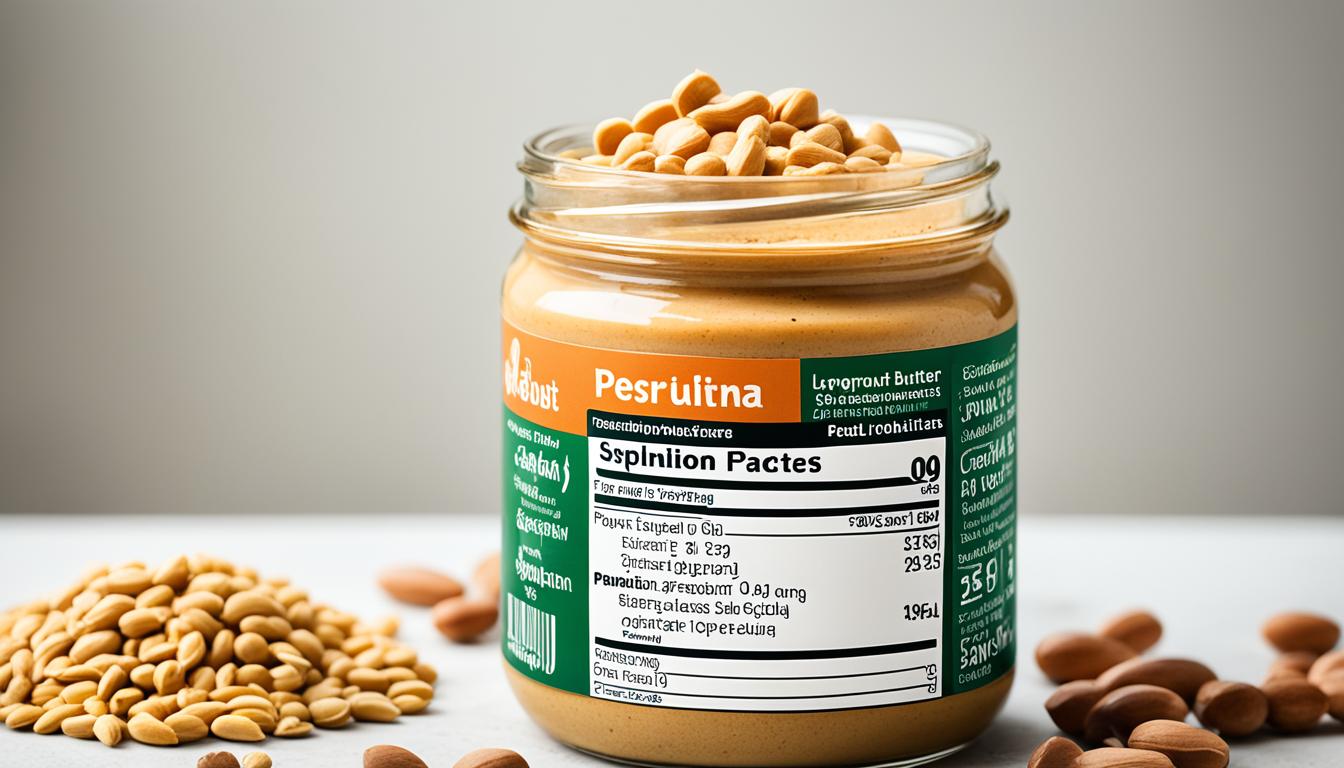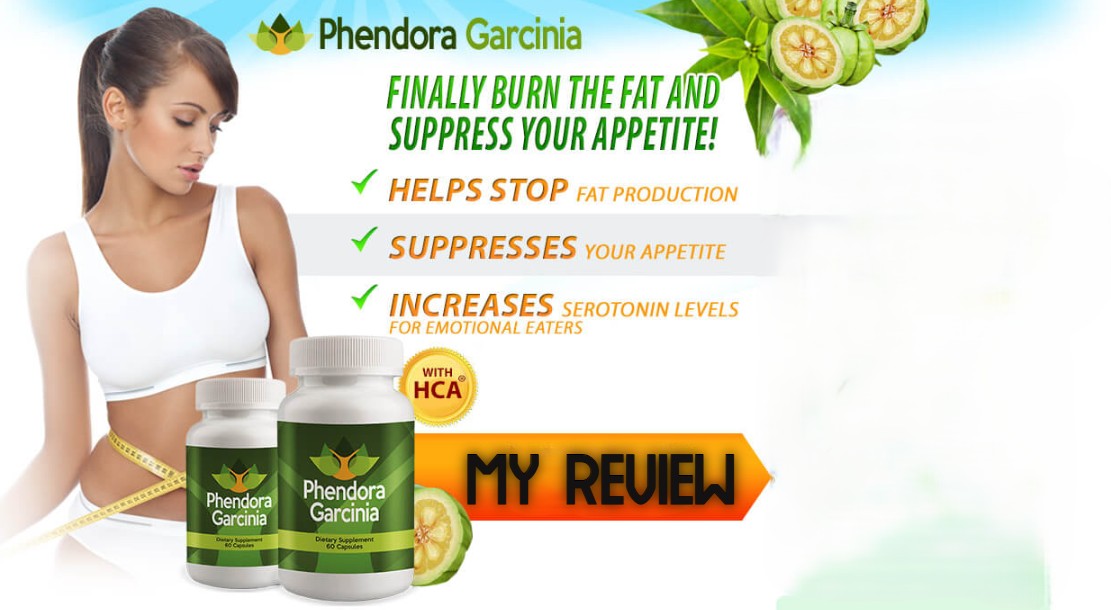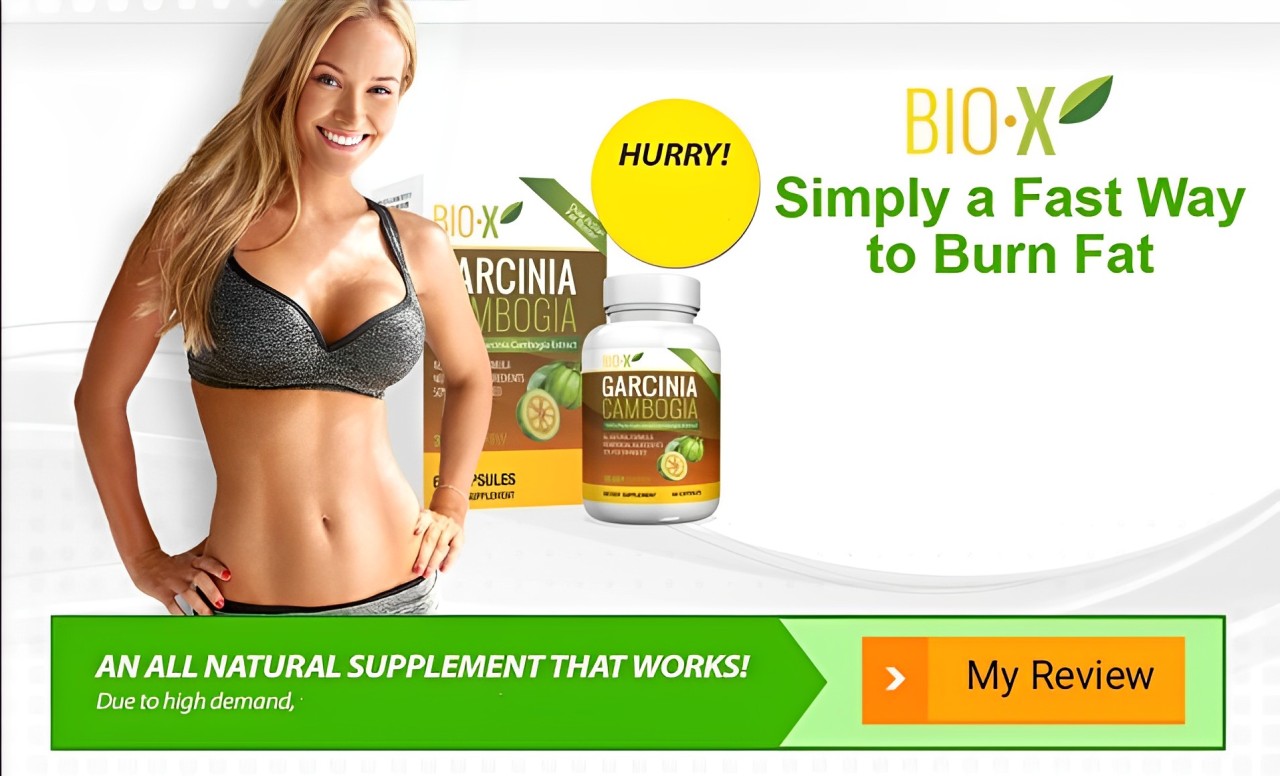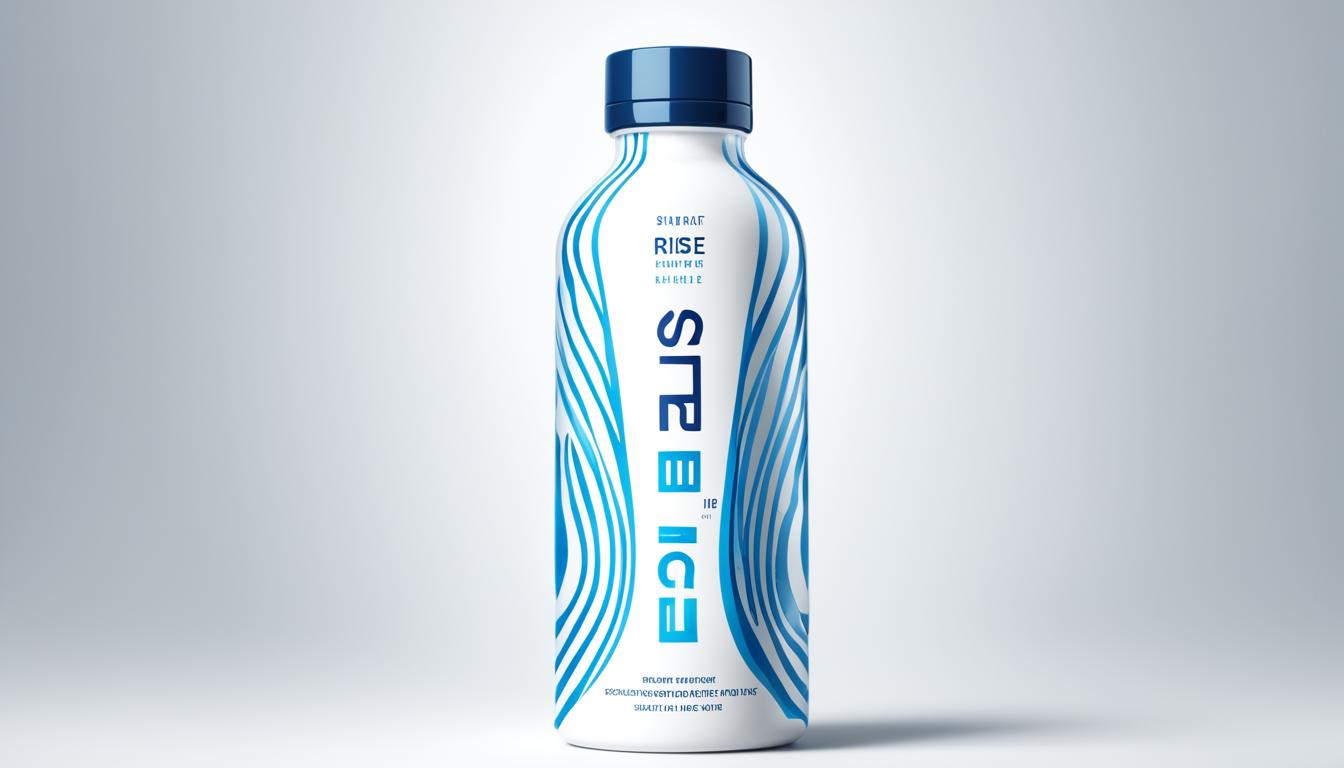Peanut butter lovers, did you know the average American eats over 6 pounds of it every year? That’s a lot of peanut butter! If you want to increase your protein intake, picking the right high-protein peanut butter is key for your health and fitness goals.
In this guide, we’ll dive into protein-rich peanut butters. We’ll look at the best options for your active lifestyle and health. You’ll learn how to pick the best peanut butter for your protein needs by understanding their nutritional values and benefits.
Key Takeaways
- Peanut butter is a favorite, with Americans eating over 6 pounds each year.
- Choosing a high-protein peanut butter helps with muscle growth, feeling full, and staying healthy.
- Top brands like Nuts ‘n More, Bowmar Butter, and Angry Mills / Sin Fit offer great protein content.
- Comparing different peanut butters helps you pick the best for your diet.
- Trying almond, walnut, and soy nut butters gives you more high-protein choices.
Introduction to High-Protein Peanut Butters
Protein is key for a balanced diet. It helps with muscle growth, keeps the immune system strong, and makes you feel full. Adding high-protein peanut butter to your meals means you get lots of protein and still enjoy tasty snacks.
Importance of Protein in a Healthy Diet
Protein does many important jobs in the body. It helps build and fix muscles, controls hormones, and keeps the immune system strong. Plus, protein-packed peanut butter can make you feel full, which can help with weight control.
Benefits of Choosing High-Protein Nut Butters
- Supports muscle growth and maintenance
- Provides sustained energy and feelings of fullness
- Contributes to a healthy immune system
- May aid in weight management
- Offers a convenient, protein-rich snack option
Choosing high-protein peanut butters can boost your health and fitness. They fuel your workouts and keep you satisfied between meals. These nut butters are a great part of a healthy lifestyle.
| Protein Content per Serving | Price per Jar | Product Variations |
|---|---|---|
| 9 grams to unspecified, likely similar quantities | $13.89 | Birthday Cake, Chocolate Chip Cookie Dough, White Chocolate Pretzel, Toffee Crunch, Salted Caramel, Cookie Butter, Chocolate Maple Pretzel, Dark Chocolate 65% Cacao, Peanut Butter |
Top Protein-Packed Peanut Butter Brands
Some peanut butter brands are leading the way in protein content. They offer great nutrition and unique tastes. Let’s look at the top brands you should know.
Nuts ‘n More
Nuts ‘n More is a big name in protein-rich peanut butter. Their butter has 16 grams of protein per serving. They also have fun flavors like Chocolate Peanut Butter and Cinnamon Roll.
Bowmar Butter
Bowmar Butter is known for its high protein content. It has up to 20 grams of protein per serving. They have many flavors, including Chocolate Chip Cookie Dough and Salted Caramel.
Angry Mills / Sin Fit
Angry Mills, also known as Sin Fit, has made a mark in protein peanut butter. Their butter has 18 grams of protein per serving. They offer smooth and crunchy types, plus unique flavors like Birthday Cake and Cookies ‘n Cream.
These brands offer many options for adding protein to your diet. Whether you like classic or unique flavors, they have something for you. Check out their products to find what fits your taste and health goals.
Comparing Nutritional Values and Ingredients
Peanut butter’s nutritional profile and ingredients can change a lot between brands. It’s key to know this to pick the best peanut butter for your health and fitness goals.
Many health-focused consumers look at protein in peanut butter. Some types have more protein than others. A usual 2-tablespoon serving has about 3.6 grams of protein. But, some “high-protein” peanut butters can give you 6-7 grams per serving.
Sugar is also a big deal. The American Heart Association says women should eat no more than 24 grams of added sugar a day. Men should limit it to 36 grams. Many peanut butters have 3-4 grams of sugar per serving. So, it’s smart to choose lower-sugar options when you can.
| Nutrient | Peanut Butter | Almond Butter |
|---|---|---|
| Protein | 3.6g per serving | 3.4g per serving |
| Magnesium | 26.9mg per serving | 44.6mg per serving |
| Iron | 0.3mg per serving | 0.6mg per serving |
| Calcium | 7.9mg per serving | 55.5mg per serving |
| Calories | 96 per serving | 98 per serving |
| Fat | 8.2g per serving | 8.9g per serving |
| Carbohydrates | 3.6g per serving | 3g per serving |
| Fiber | 1g per serving | 1.7g per serving |
| Sugar | 1g per serving | 1g per serving |
Looking at the ingredient list is also key when picking peanut butter. A good peanut butter should only have peanuts and salt. Stay away from added oils, sugars, or preservatives. They can lower the natural nutritional value.
By comparing different peanut butter brands, you can choose the best one for your diet. This way, you’ll get more protein, fiber, and other good stuff while cutting down on sugar and additives.
What is The Best Peanut Butter for Protein
Looking for the best peanut butter for protein? Many top choices are out there. Jif Creamy Peanut Butter is a top pick for its high protein and quality, scoring a perfect 10/10.
Other high-protein peanut butter recommendations include:
- Jif Extra Crunchy Peanut Butter (9/10 rating)
- Trader Joe’s Creamy No-Stir Peanut Butter Spread (9.5/10 rating)
- Earth Balance Crunchy Peanut & Flaxseed Spread (8.5/10 rating)
- Great Value Creamy Peanut Butter (8/10 rating)
- Justin’s Classic Peanut Butter (8/10 rating)
- Santa Cruz Organic Dark Roasted Creamy Peanut Butter (8/10 rating)
- Great Value Honey Roasted Creamy Peanut Butter (7.5/10 rating)
These top peanut butter choices for protein offer a big protein boost. They also have great nutritional values, clean ingredients, and tasty flavors. They help you meet your health and fitness goals.
Alternative Nut Butters High in Protein
Peanut butter is a favorite, but there are other nut butters that pack a protein punch. Check out these high-protein nut butter options to add variety to your diet and boost your nutrition:
Almond Butter
Almond butter is a top choice for those looking for high-protein nut butter alternatives. A 2-tablespoon serving gives you about 7 grams of protein. It also comes with vitamins like vitamin E, magnesium, and potassium.
Walnut Butter
Walnut butter is another protein-rich nut butter option. It has around 5 grams of protein in a 1-ounce serving. Plus, it’s packed with omega-3 fatty acids, which can lower heart disease risk.
Soy Nut Butter
If you’re looking for a peanut butter substitute for protein, soy nut butter is an excellent pick. It offers 5 grams of protein per 2-tablespoon serving. It’s also full of isoflavones, which can help keep your heart healthy by lowering bad cholesterol.
Adding these high-protein nut butter alternatives to your diet can help you get enough protein. They also bring new tastes and nutrients to your meals and snacks.
Choosing Natural or Processed Peanut Butters
Choosing between natural and processed peanut butters can greatly affect your health and nutrition. Natural peanut butter is made with just peanuts and sometimes a bit of salt. It has many benefits over processed options.
Advantages of Natural Peanut Butter
Natural peanut butter is less processed, which is a big plus. It usually has fewer added ingredients like sugars, hydrogenated oils, and preservatives. This makes it a healthier choice for your diet.
- Natural peanut butter is lower in added sugars, making it a better choice for those watching their sugar intake.
- The healthy fats in natural peanut butter, such as monounsaturated and polyunsaturated fats, can help promote heart health and reduce the risk of chronic diseases.
- Natural peanut butter retains more of the peanuts’ natural vitamins and minerals, including protein, fiber, vitamin E, and various B vitamins.
Choosing natural peanut butter means you get a more nutritious and wholesome spread. It fits well with a balanced, healthy lifestyle. Plus, its richer, more authentic taste is a big plus for many people.
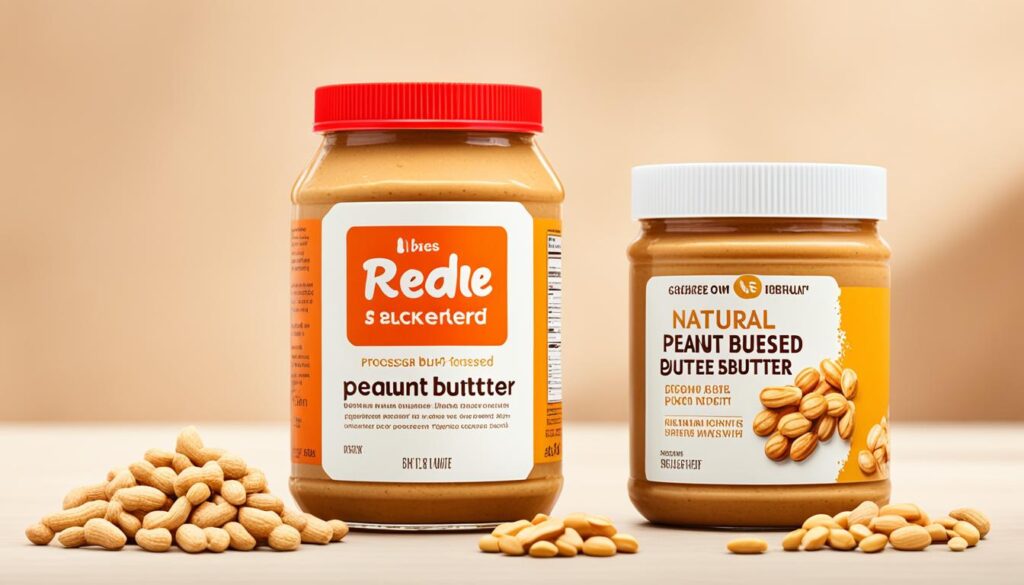
When picking a peanut butter, look for ones with a short list of ingredients. This should include only peanuts and maybe a little salt. Stay away from processed types with lots of added sugars, hydrogenated oils, and other unnecessary additives. Switching to natural peanut butter is good for your body and taste buds.
Exploring Low-Sugar and Low-Calorie Options
For those looking to manage their sugar and calorie intake, peanut butter offers many low-sugar and low-calorie choices. These options are great for health-conscious eaters. They provide a tasty and nutritious source of protein and healthy fats.
Research shows that 75% of people eat more sugar than recommended. This highlights the need for low-sugar peanut butter. These products have more protein, which helps with muscle building and better athletic performance. They also have fewer calories, making them good for muscle definition and weight control.
When picking low-sugar peanut butter, look at the fiber-to-carb ratio. A good ratio is 1 to 10, showing a lot of fiber and less sugar. This type of peanut butter is also great for diets like the keto diet because of its high fat and low sugar.
| Brand | Calories per 2 tbsp | Protein per 2 tbsp | Total Fat per 2 tbsp | Saturated Fat per 2 tbsp | Carbs per 2 tbsp | Fiber per 2 tbsp | Sugar per 2 tbsp |
|---|---|---|---|---|---|---|---|
| Crazy Richard’s 100% Peanuts All Natural Peanut Butter | 180 | 8g | 16g | 2g | 5g | 3g | 2g |
| 365 Everyday Value Organic Peanut Butter, Unsweetened & No Salt | 200 | 8g | 17g | 2.5g | 7g | 3g | 1g |
| Trader Joe’s Creamy No Salt Organic Peanut Butter, Valencia | 200 | 8g | 15g | 2g | 7g | 3g | 2g |
| Adams 100% Natural Unsalted Peanut Butter | 190 | 8g | 16g | 3g | 7g | 3g | 2g |
| MaraNatha Organic Peanut Butter | 190 | 8g | 16g | 2g | 7g | 3g | 1g |
| Santa Cruz Organic Peanut Butter | 180 | 8g | 16g | 2g | 5g | 3g | 1g |
| Justin’s Classic Peanut Butter | 210 | 7g | 18g | 3.5g | 6g | 1g | 2g |
| 365 Everyday Value Organic Unsweetened Peanut Butter | 200 | 7g | 18g | 3.5g | 6g | 2g | 1g |
| PB&Me Organic Powdered Peanut Butter | 45 | 6g | 1.5g | 0g | 4g | 2g | 2g |
| Crazy Richard’s 100% Pure All Natural Peanut Powder | 50 | 6g | 1.5g | 0g | 4g | 2g | less than 1g |
It’s important to read ingredient labels when choosing low-sugar peanut butter. Avoid products with harmful additives like high fructose corn syrup. This ensures the health benefits of these alternatives.
Exploring low-sugar and low-calorie peanut butter lets you find options that fit your diet and taste preferences. You can enjoy the delicious taste and nutritional value of peanut butter without sacrificing your health goals.
Tips for Incorporating More Protein into Your Diet
Getting enough protein is key for good health and many body functions. If you want to eat more protein, here are easy ways to do it every day.
- Choose lean proteins: Eat grilled chicken, turkey, fish, and legumes. They’re packed with protein but low in bad fats.
- Have protein snacks: Keep things like Greek yogurt, cottage cheese, hard-boiled eggs, or nuts handy. They help control hunger and boost protein levels.
- Try protein powders: Use whey, casein, or plant-based powders in smoothies, shakes, or baked goods. It’s an easy way to get more protein.
- Enjoy more eggs: Eggs are full of protein. You can make omelets, scrambles, or eat them boiled as a snack.
- Love seafood: Fish like salmon, tuna, and halibut are packed with protein and nutrients. Try to eat seafood a few times a week.
| Protein-Rich Food | Protein Content (per serving) |
|---|---|
| Salmon Fillet | 39.3 grams |
| Skinless Chicken Breast | 22.5 grams |
| Ground Beef | 21.3 grams |
| Canned Tuna | 20.3 grams |
| Bison Meat | 21.6 grams |
Adding these protein-rich foods and snacks to your meals can help you get more protein. Remember, how much protein you need depends on you. Always talk to a health expert for advice tailored to you.
“Consuming high protein foods can promote a sense of fullness, aiding in weight loss.”
(no H3)
Peanut butter is a great way to get high-quality protein. It’s versatile and easy to use. By looking at different peanut butter brands, you can pick the best one for your diet.
Many popular peanut butters are packed with protein. For example, Classic Peanut Butter has 7g of protein in 2 tablespoons. 365 Everyday Value, Peanut Butter and Crazy Richard’s Natural Creamy Peanut Butter both give you 8g of protein per serving. Spread The Love Peanut Butter and Trader Joe’s Peanut Butter also offer 7g of protein per 2-tablespoon serving.
Peanut butter doesn’t have a lot of carbs. Most brands have about 7g of carbs and 4g of net carbs per serving. This makes it a good choice for those on a low-carb or keto diet. It’s a tasty and protein-rich snack or addition to meals.
Peanut butter is also full of healthy fats, with about 16g per 2-tablespoon serving. This mix of protein, low carbs, and healthy fats makes it a great food for your fitness and wellness goals.
| Peanut Butter Brand | Protein (per 2 Tbsp) | Carbs (per 2 Tbsp) | Net Carbs (per 2 Tbsp) |
|---|---|---|---|
| Classic Peanut Butter | 7g | 6g | 5g |
| 365 Everyday Value, Peanut Butter | 8g | 7g | 4g |
| Crazy Richard’s Natural Creamy Peanut Butter | 8g | 7g | 4g |
| Spread The Love Peanut Butter | 7g | 6g | 4g |
| Trader Joe’s Peanut Butter | 7g | 7g | 4g |
Adding high-protein peanut butters to your diet can help increase your daily protein intake. This supports your health and fitness goals. Always choose products that fit your dietary needs and preferences.
(no H3)
Peanut allergies are becoming more common, affecting about 1.2% of kids in the U.S. Since 1997, the number of children with peanut allergies has more than doubled. These allergies can be very dangerous, causing around 60% of severe allergic reactions.
The proteins in peanuts that cause serious allergic reactions are Ara h1, Ara h2, and Ara h3. Ara h8 can also cause oral allergy syndrome, which is similar to a reaction to birch tree pollen and some fruits.
About 9% of people in the U.S. test positive for peanut allergy, but less than 1% actually has a serious allergy. How much peanut protein it takes to cause a reaction can vary a lot. Some people react to just 0.1mg, while others need up to 3,000mg.
For those with peanut allergies or who want to avoid them, there are other nut and seed butters to try. Pumpkin seed butter is a great choice because it’s high in protein and has lots of nutrients like phosphorus, magnesium, and iron. It also has good plant sterols and essential fatty acids.

With peanut allergies on the rise, it’s key to know the risks and find safe, tasty alternatives. These can help you get your protein and satisfy your cravings for a creamy spread.
Conclusion
When looking for the best peanut butter for protein, choose high-protein options. These nut butters have more protein per serving than regular ones. They are great for your health and fitness goals.
Brands like Pintola, Alpino, MuscleBlaze, and PBfit are top picks. They offer 26 to 30 grams of protein per 100-gram serving. These butters boost your protein intake and also give you fiber, healthy fats, and vitamins and minerals.
It’s key to control your intake of high-protein peanut butter. Aim for 2-3 tablespoons a day. Adding these butters to your diet can help with muscle growth, weight control, and overall health. Try these protein-rich peanut butters and see how they improve your nutrition.
FAQ
What is the importance of protein in a healthy diet?
Protein is key for building and fixing muscles, supporting the immune system, and feeling full. It’s a vital nutrient for staying healthy and feeling good.
What are the benefits of choosing high-protein peanut butters?
High-protein peanut butters help with muscle growth, weight control, and lasting energy. They make it easy to add more protein to your meals.
What are the top protein-packed peanut butter brands?
Top brands like Nuts ‘n More, Bowmar Butter, and Angry Mills / Sin Fit offer lots of protein. They have different nutritional values and special features for various diets.
How do the nutritional values and ingredients differ between natural and processed peanut butters?
Natural peanut butters are usually healthier because they have fewer additives and sugars. They’re a better choice for many people.
What are some alternative nut butters that are high in protein?
Besides peanut butter, almond butter, walnut butter, and soy nut butter are high in protein. They offer different nutritional benefits and suit various diets.
What are some low-sugar and low-calorie peanut butter options?
Some peanut butter brands have less sugar and calories but still offer protein and healthy fats. These are great for those watching their carb and calorie intake.
How can I incorporate more protein into my daily diet beyond peanut butter?
You can add protein with lean meats, eggs, dairy, legumes, and supplements. Mixing these with other foods helps you get enough protein for good health.
